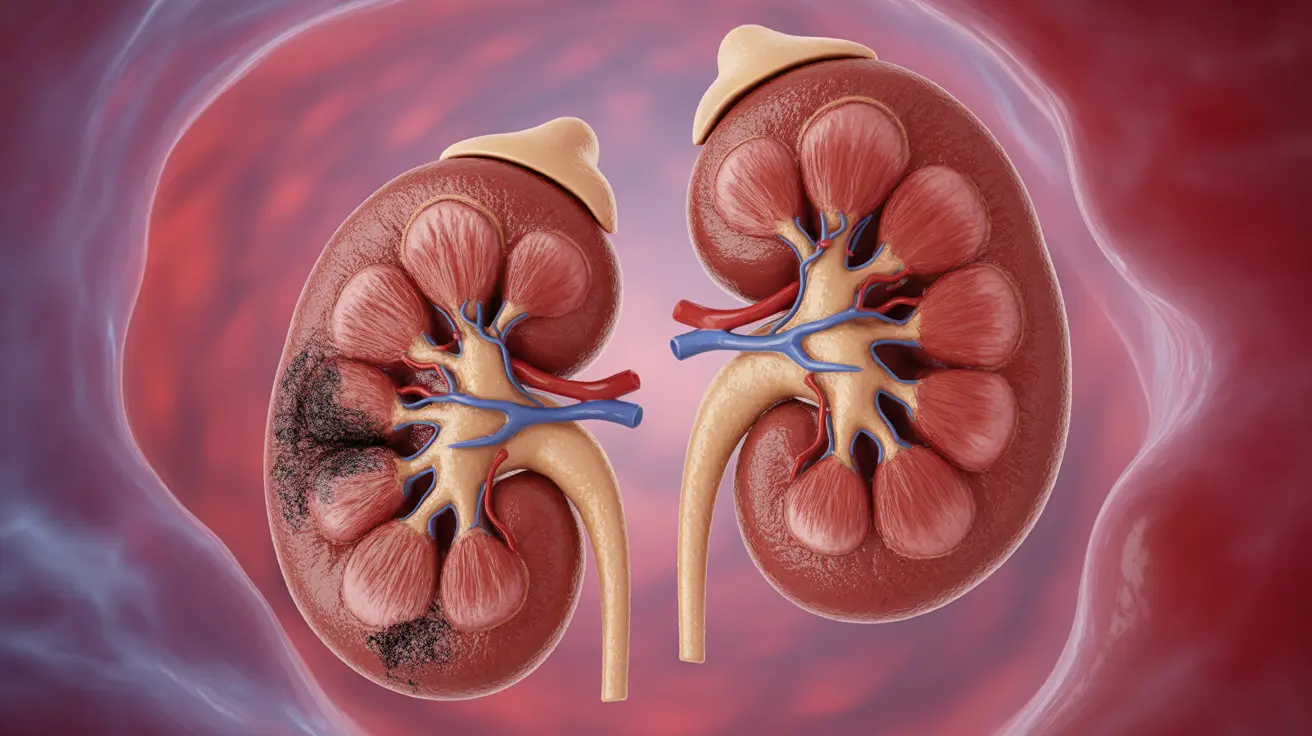The relationship between smoking and kidney cancer has been extensively studied by medical researchers, revealing concerning links between tobacco use and this serious form of cancer. Understanding this connection is crucial for both prevention and awareness, especially given that kidney cancer rates have been rising in recent decades.
While many people associate smoking primarily with lung cancer, its harmful effects extend throughout the body, including the kidneys. This comprehensive guide explores how smoking impacts kidney cancer risk and what you need to know about this critical health concern.
The Link Between Smoking and Kidney Cancer
Research has consistently shown that smoking tobacco significantly increases the risk of developing kidney cancer. Smokers are approximately twice as likely to develop kidney cancer compared to non-smokers. This increased risk is attributed to cancer-causing chemicals in tobacco smoke that can damage kidney tissue and DNA.
The risk appears to be dose-dependent, meaning that heavier smokers face greater dangers. Long-term smokers and those who began smoking at a younger age typically face the highest risk levels.
How Smoking Damages the Kidneys
Tobacco smoke contains numerous harmful substances that can affect kidney health through several mechanisms:
- Carcinogenic compounds that directly damage kidney cells
- Reduced oxygen delivery to kidney tissue
- Inflammation throughout the urinary system
- Oxidative stress that can lead to DNA mutations
- Disruption of normal kidney function
Early Warning Signs and Symptoms
Kidney cancer linked to smoking may present with various symptoms, though early-stage disease often shows no obvious signs. Key indicators to watch for include:
- Blood in the urine
- Lower back pain on one side
- Unexplained weight loss
- Persistent fatigue
- Loss of appetite
- Fever not related to infection
It's important to note that these symptoms can also indicate other conditions, but they should always be evaluated by a healthcare provider, especially in current or former smokers.
The Impact of Quitting Smoking
Quitting smoking can significantly improve outcomes, even after a kidney cancer diagnosis. Research shows that smoking cessation:
- Reduces the risk of cancer progression
- Improves treatment effectiveness
- Enhances survival rates
- Decreases the likelihood of complications
- Improves overall kidney function
Environmental Tobacco Smoke Exposure
Secondhand smoke exposure also poses risks to kidney health, though the relationship is less well-documented than direct smoking. Studies suggest that regular exposure to environmental tobacco smoke may increase kidney cancer risk, particularly in non-smoking individuals who live or work with smokers.
Frequently Asked Questions
Can smoking tobacco increase my risk of developing kidney cancer?
Yes, smoking tobacco significantly increases the risk of developing kidney cancer. Studies show that smokers have approximately double the risk compared to non-smokers, with the risk increasing based on the duration and intensity of smoking.
How does quitting smoking after a kidney cancer diagnosis affect survival and disease progression?
Quitting smoking after a kidney cancer diagnosis can substantially improve outcomes. Research indicates better survival rates, improved treatment effectiveness, and reduced risk of disease progression among those who quit compared to those who continue smoking.
Does exposure to secondhand smoke contribute to kidney cancer risk?
Yes, evidence suggests that exposure to secondhand smoke may increase kidney cancer risk, though the association is not as strong as with direct smoking. Regular exposure to environmental tobacco smoke can contribute to kidney damage over time.
What are the early symptoms of kidney cancer linked to smoking?
Early symptoms may include blood in the urine, lower back pain on one side, unexplained weight loss, fatigue, and loss of appetite. However, many cases of early kidney cancer show no symptoms, making regular medical check-ups important for those at risk.
Are there differences in kidney cancer risk between tobacco smoking and other types of smoking, like cannabis?
While tobacco smoking has been clearly linked to increased kidney cancer risk, the relationship between other forms of smoking and kidney cancer is less well-established. Research specifically focusing on cannabis smoking and kidney cancer risk is limited, making direct comparisons difficult. However, any form of smoking can potentially expose the body to harmful substances.




